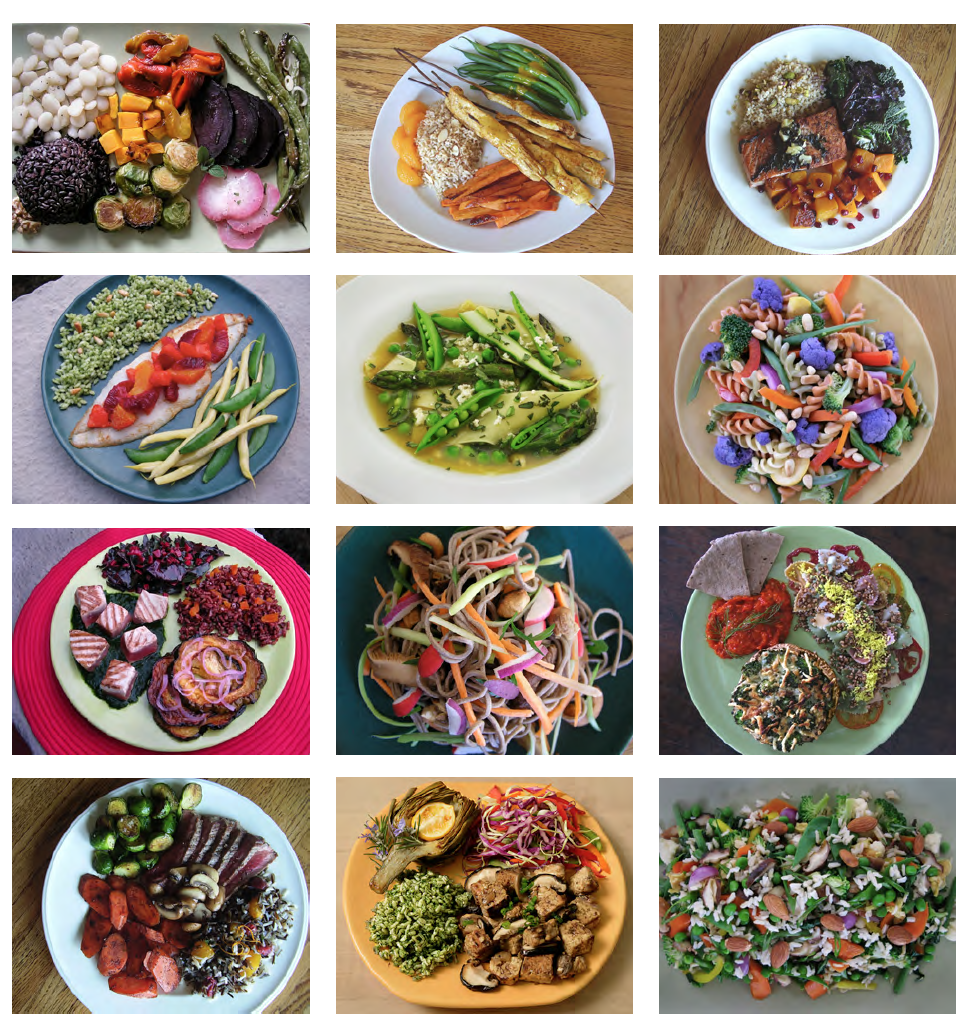A diet to save the planet.
Macrotrend: Flexitarian diets
The EAT-Lancet Commission has just published a comprehensive report which has developed a diet to feed 10 billion people with sustainable food systems.
Scientists have been grappling with the problem of feeding billions more people in the decades to come without causing damage to the planet.
The Flexitarian diet or "the planetary health diet" is the solution they recommend. The findings and recommendations will be presented to governments around the world.
So, how will out diets have to change to avoid environmental disaster?
f you consume red meat every day then the report recommends you look for alternative sources of protein such as nuts and legumes. The next big shift will be to fresh vegetables and fruit which should fill approximately half of a plate in a main meal.
Here is the recommended daily breakdown:
1. Nuts - 50g a day
2. Beans, chickpeas, lentils and other legumes - 75g a day
3. Fish - 28g a day
4. Eggs - 13g a day (so one and a bit a week)
5. Meat - 14g a day of red meat and 29g a day of chicken
6. Carbs - whole grains like bread and rice 232g a day and 50g a day of starchy vegetables
7. Dairy - 250g - the equivalent of one glass of milk
8. Vegetables -(300g) and fruit (200g)
Why do we need a healthy, sustainable diet for 10 billion people?
According to the United Nations, the world population is projected to reach 9.8 billion in 2050, and will continue climbing.
During 2019-2050, half of the world’s population growth is expected to be concentrated in nine countries: India, Nigeria, Pakistan, Democratic Republic of the Congo, Ethiopia, United Republic of Tanzania, United States of America (USA), Indonesia and Uganda
Why is it healthier?
The researchers say the diet will prevent about 11 million people dying each year. That number is largely down to cutting diseases related to unhealthy diets such as cancers and heart diseases.. These are now the biggest killers in developed countries.
The plates below are examples of a planetary health diet. This is a flexitarian diet, which is largely plant-based but can optionally include modest amounts of fish, meat and dairy foods.
Why we need to re-think farming?
The use of land for farming and forestry accounts for around a quarter of all greenhouse gas emissions. This is the same as all electricity and heating.
At the granular level, Meat and dairy are the major factors. Worldwide, livestock accounts for between 14.5 and 18% of human-induced greenhouse gas emissions.
Methane and nitrous oxide are also major contributors to warming gases.
From an environmental perspective, the Goal of the diet is to:
§ Reduce greenhouse gas emissions
§ preventing any species going extinct
§ having no expansion of farmland, and
§ preserving water usage.
Next Steps
The EAT-Lancet Commission is aiming to present the findings to governments around the world to see if we can begin to shift behaviour for the better.
If you would like to engage Future-filter in future forecasting or cultural trend reports please contact:
hello@future-filter.com


